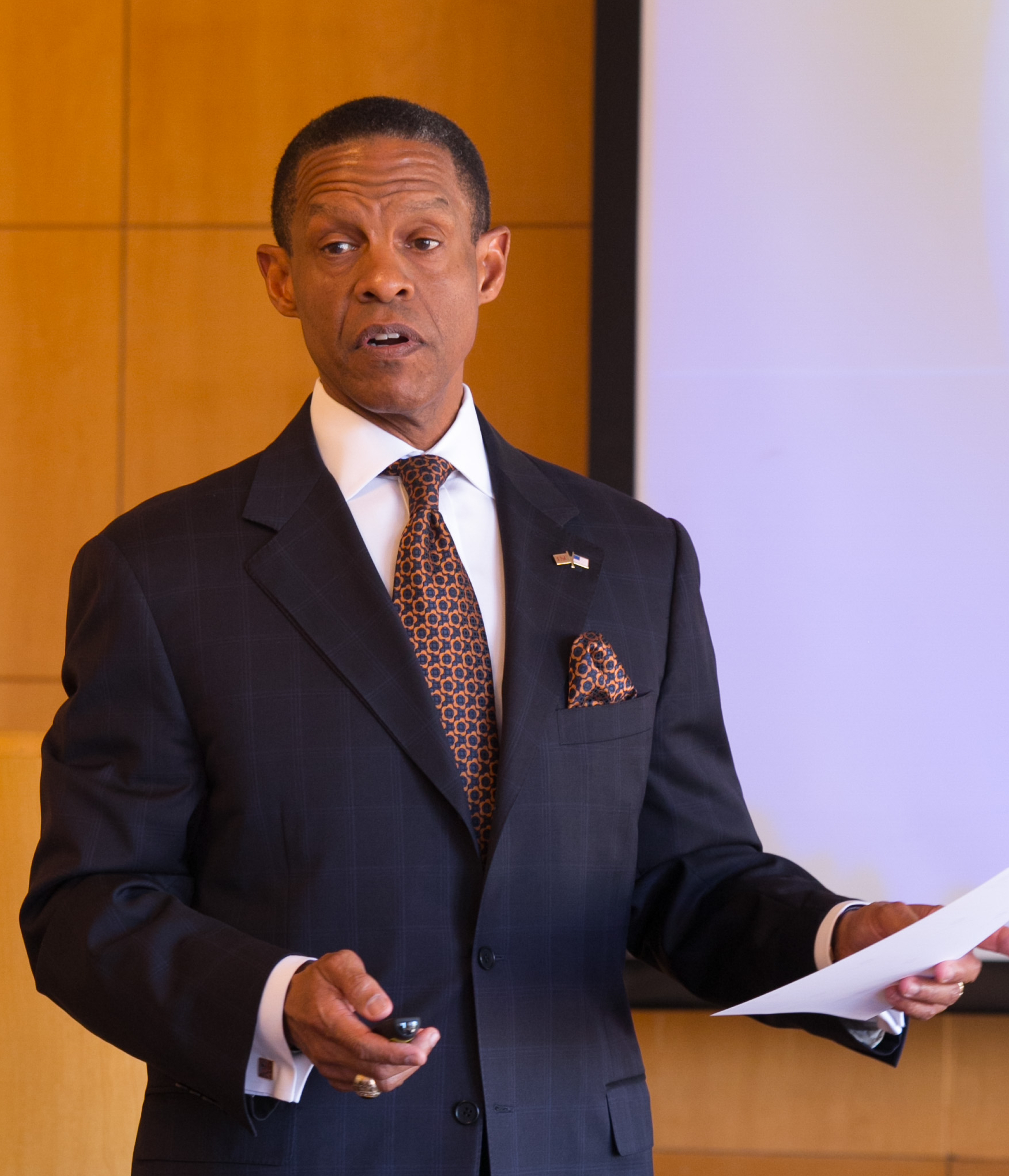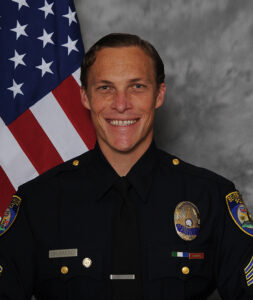By Gustavo Solis
After a group of far-right insurrectionists stormed the U.S. Capitol in January, Erroll Southers’ inbox filled up with messages from news organizations from all over the world.
Southers, a former police officer and FBI special agent, has been researching domestic extremism for the last two decades. He literally wrote a book called Homegrown Violent Extremism. It’s no wonder reporters have been seeking interviews with Southers, who is the director of both the Safe Communities Institute and of Homegrown Violent Extremism Studies at the USC Price School of Public Policy.
As an expert in the field, Southers performs research at USC that can help us understand what led to the Jan. 6 insurrection — and how we can prevent something similar from happening again.
A combination of factors, including our national security officials ignoring the threat of domestic extremism and a coalition of far-right groups unifying under an anti-government cause, contributed to the Jan. 6 insurrection.
“We didn’t get here overnight,” Southers said. “We got here because of the last decade or more of ignoring the threat and of the last four years of an administration that emboldened that threat.”
The tumult of 2020 created the perfect storm for recruiting extremists
The FBI and Department of Homeland Security have published reports outlining their concerns of extremists being among their ranks. The tragic silver lining of the storming of the Capitol is that people are finally taking the threat seriously and recognizing that it is a legitimate threat, Southers said.
Throughout 2020, far-right groups used anti-mask demonstrations to recruit new members to their cause. That isn’t to say that everyone who participated in protests against shutdowns or public health orders is a member of the far right. It simply means that neo-Nazis, white nationalists and anti-government militias were using anti-mask events as a recruiting tool by targeting people who were struggling economically and frustrated by business and school closures.
“Those groups were going to these rallies and saying things like, ‘This is government overreach, they can’t make you wear a mask, this is not a real disease, this is just like the flu,’” Southers said.
Apart from researching domestic extremism, Southers helps radicalized people leave violent groups. He works closely with two nonprofit groups: Life After Hate, which helps people who once belonged to violent extremist organizations, and Parents For Peace, which helps families of individuals who are being or already have been radicalized.
One of the most interesting things to come out of the storming of the Capitol, he said, is the unexpected emergence of a new group: radicalized parents.
“Since the Jan. 6 insurrection, what we’re seeing are sons and daughters of parents who participated in that reach out to us and ask, ‘What do we do?’” Southers said. “Usually, it’s the parents who come to us.”
USC domestic extremism expert outlines how to interact with radicalized individuals
Experts say there is a spectrum of response when it comes to radicalized individuals. For example, if someone has already committed a crime or express a desire to commit violence, Southers says it is best to contact law enforcement because approaching them yourself could be dangerous or counterproductive. Counselors in this space are uniquely trained regarding critical nuances required for having the conversation.
The other end of that response spectrum is for individuals who are just starting to be radicalized or have not yet seriously considered violence. In those situations, the ideal thing to do is disengage.
To do that, Southers relies on former white supremacists or neo-Nazis who have left these groups themselves. Having them available helps connect with radicalized people and gives them an example of life without those groups.
Southers, a Black man, has had many conversations with members of groups who built their entire system of belief around the idea that Southers’ race makes him — and everyone else like him — inferior. Over the years, he’s found those conversations easier to have by following two important rules: listen and avoid judgment.
“What makes them easy conversations for me is that I expect to hear that, and it makes it easy for them because I don’t condemn them for sharing it,” Southers said. “If nothing else, I have become a really good listener over the years. I think listening is the most important skillset you can have.”
This article was originally published by USC News.




